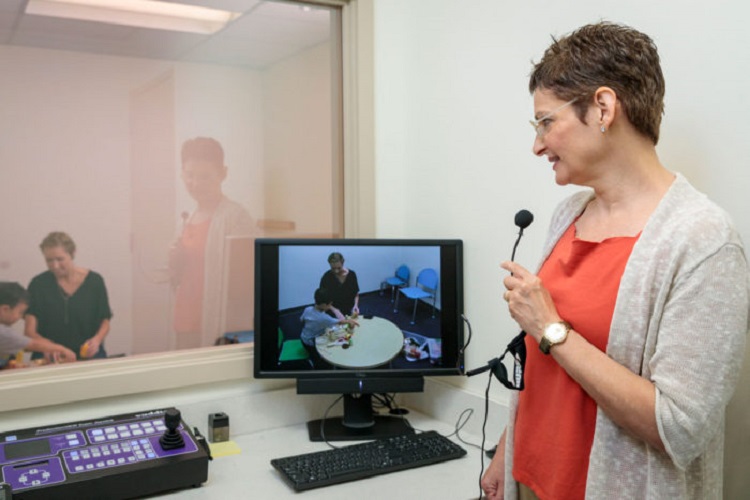Early intervention supports kids in processing emotions
From the WashU School of Medicine News…
Children as young as 3 can be clinically depressed, and often that depression recurs as kids get older and go to school. It also can reappear during adolescence and throughout life.
But new research from Washington University School of Medicine in St. Louis demonstrates that an interactive therapy involving parents and their depressed children can reduce rates of depression and lower the severity of children’s symptoms.
“By identifying depression as early as possible and then helping children try to change the way they process their emotions, we believe it may be possible to change the trajectory of depression and perhaps reduce or prevent recurrent bouts of the disorder later in life,” said principal investigator Joan L. Luby, MD, director of the university’s Early Emotional Development Program.
The findings are published June 20 in The American Journal of Psychiatry.
Luby’s team adapted a treatment known as Parent-Child Interaction Therapy (PCIT) that was developed in the 1970s to correct disruptive behavior in preschoolers. The adaptation involved adding a series of sessions focused on emotions.
“We consider depression to be an impairment of the ability to experience and regulate emotions,” said Luby, the Samuel and Mae S. Ludwig Professor of Psychiatry.
The 18-week, 20-session therapy program begins with a truncated version of the traditional PCIT program, then focuses more on enhancing emotional development.
“For example, we coach parents how to manage a child’s emotional responses to stressful situations,” Luby said.
Among the ways of doing so is an activity in which researchers place a package for a child in a room and then make the child wait to open it. The parent wears an earpiece and is coached by a therapist observing through a one-way mirror. The idea is to give children tools to keep their emotions under control, and to train parents to help their children reinforce those tools.
